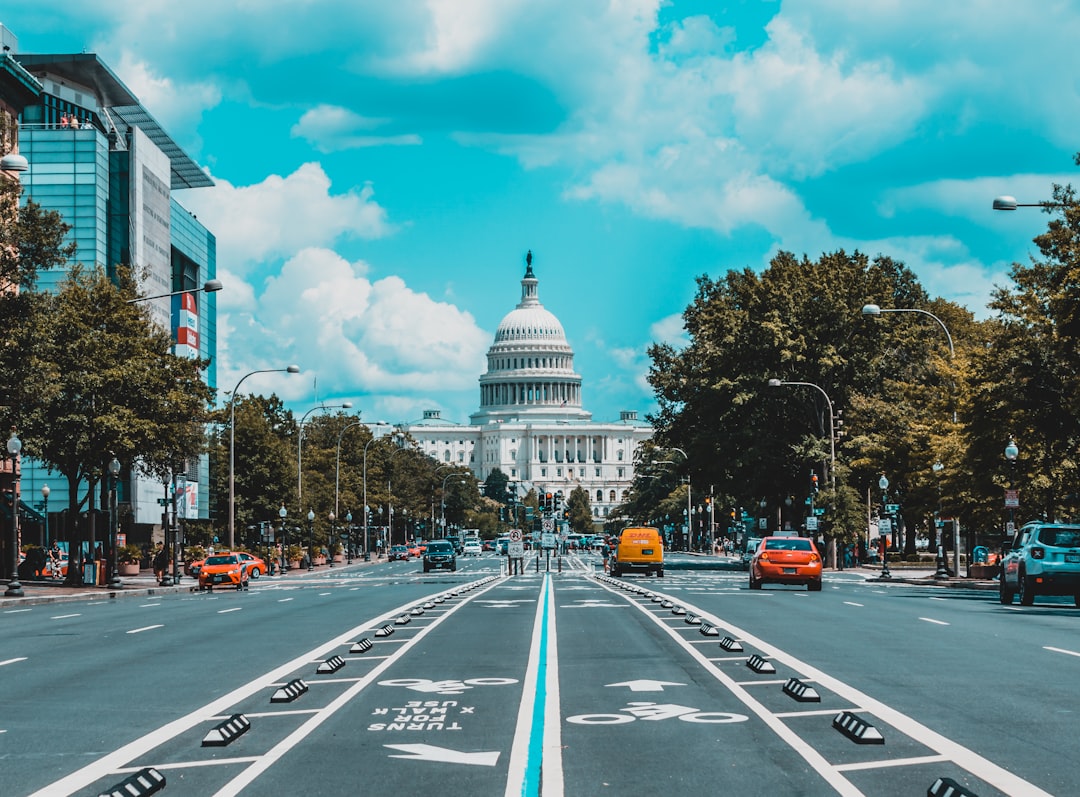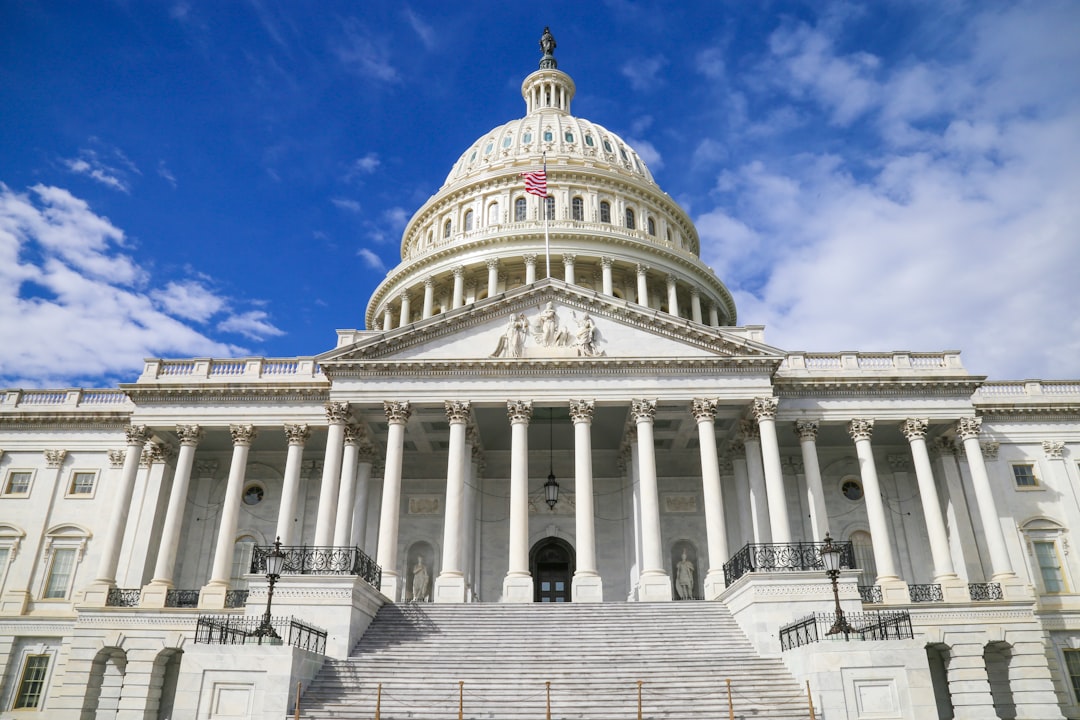Robocall legislation, such as Washington's Unwanted Call Laws, has undergone significant changes in 2024 to protect consumers from intrusive automated calls, especially from law firms. These updates include stricter do-not-call list enforcement, enhanced consent requirements, and better consumer complaint mechanisms. Law firms must stay informed about these changes to avoid penalties and maintain client trust by implementing advanced call screening technologies, training staff on updated regulations, and maintaining detailed records of consumer preferences. Targeting "unwanted call law firms Washington" for SEO is crucial in navigating this evolving landscape.
Staying informed about robocall legislation is crucial for law firms in Washington to avoid regulatory pitfalls. In 2024, several updates to unwanted call regulations are set to take effect, demanding increased compliance from legal professionals. This article provides a comprehensive guide to these changes, offering insights into the impact on law firms and practical strategies for navigating this evolving landscape. From understanding the scope of robocall laws to implementing best practices, discover how to minimize risks and maintain ethical standards in Washington’s legal community.
Understanding Robocall Legislation: A Brief Overview

Robocall legislation, or the rules around automated phone calls, has evolved significantly in recent years to protect consumers from unwanted calls, particularly those originating from law firms. These laws vary by region and country but share common goals: ensuring transparency, consent, and respect for individual privacy. The Unwanted Call Law Firms Washington is a prime example of such legislation, aiming to curb nuisance calls and give consumers more control over their communication preferences.
Understanding these regulations is crucial for businesses and law firms alike to avoid penalties and maintain client relationships. In 2024, updates to the robocall laws may include stricter enforcement of do-not-call lists, enhanced requirements for obtaining consent, and more robust mechanisms for consumer complaints. Staying informed about these changes is essential to navigate the evolving landscape of communication regulations effectively.
Recent Changes in Unwanted Call Regulations in 2024

In 2024, unwanted call regulations have seen significant updates, with a focus on strengthening protections for consumers in Washington and across the nation. One notable change involves stricter enforcement measures against robocallers, with new penalties for violations designed to deter intrusive automated calls. These updates are driven by growing consumer frustration over the persistent and often nuisance calls.
The latest regulations also expand the scope of unwanted calls covered under existing laws, including those from law firms. Washington state’s Attorney General has been active in this area, leading efforts to crack down on aggressive marketing practices by legal organizations. Consumers can expect enhanced remedies, such as larger monetary damages per violation, making it easier for individuals to take action against companies and lawyers who abuse automated calling systems.
Impact on Law Firms: New Rules for Robocalls

With new robocall legislation updates in 2024, law firms operating in Washington state must be prepared for significant changes in how they handle unwanted calls. The Federal Communications Commission (FCC) has implemented stricter regulations to combat the growing problem of automated telemarketing calls, which have long been a nuisance and sometimes even a hazard for consumers. These new rules aim to protect individuals from unsolicited robocalls by imposing harsher penalties on violators and empowering state attorneys general to take action against non-compliant firms.
Law firms engaging in outbound robocalls will need to adapt their practices to comply with the new unwanted call law firms Washington regulations, focusing on obtaining explicit consent from recipients before making automated calls. This shift requires a thorough review of current telemarketing procedures and potentially updating policies to ensure adherence to the evolving legal landscape. Firms must also be ready to face stricter scrutiny and potential fines for non-compliance, underscoring the importance of staying informed about these legislative updates.
Best Practices for Compliance with Updated Laws

To ensure compliance with the latest Robocall legislation, especially in Washington state where unwanted call laws are stringent, businesses should adopt a multi-faceted approach. Firstly, implement robust caller ID technologies that accurately identify and block automated calls. This not only helps in adhering to the law but also enhances customer trust by demonstrating respect for their privacy.
Additionally, train your staff on the updated regulations, including do-not-call lists and consent requirements. Regularly review and update your marketing strategies to ensure they align with these laws. Implementing opt-out mechanisms during initial contact and maintaining detailed records of consumer preferences are best practices that can help your law firm avoid penalties while fostering positive relationships with clients.
Tips for Law Firms to Navigate and Reduce Robocall Risks

Robocalls pose a significant challenge for law firms, especially with the evolving legislation in Washington targeting unwanted calls. To navigate and reduce robocall risks, law firms should consider implementing robust call screening and blocking systems to identify and prevent automated calls from reaching their clients. This includes leveraging advanced phone systems that can detect and filter out robocalls at the outset.
Moreover, staying up-to-date with local and federal regulations, such as the TCPA (Telemarketing Consumer Protection Act), is crucial. Law firms should establish clear internal policies on how to handle suspected robocalls, including documenting and reporting them effectively. Regular staff training on recognizing and responding to robocalls can further mitigate risks. Additionally, utilizing call tracking software can provide valuable insights into call sources and types, enabling law firms to take proactive measures against unwanted calls.






